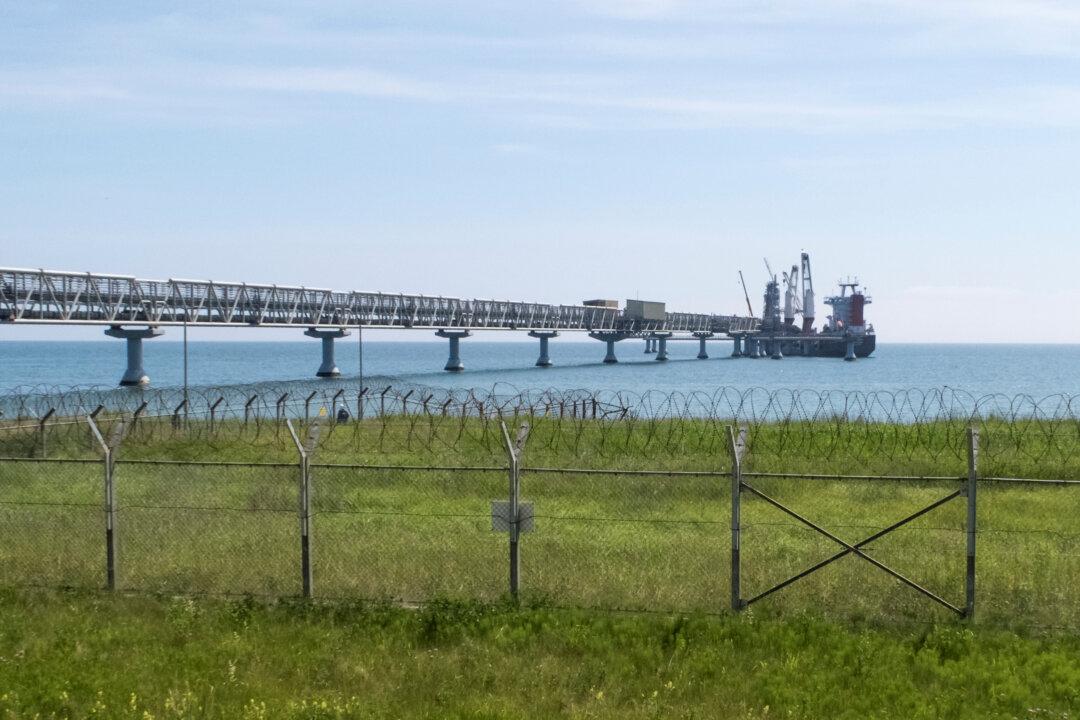ExxonMobil has taken preliminary steps to sue the Russian Federation after Russian President Vladimir Putin intervened to block the energy company’s exit from the country.
The Wall Street Journal reported on Aug. 30 that Exxon recently issued a notice of difference to the Russian government, following a presidential decree issued by Putin that would prevent the company from exiting the Sakhalin-1 project, a large-scale project that has been drilling for oil from off the Pacific coast of Sakhalin, a Russian-controlled island in the Japanese archipelago, since 2005.





